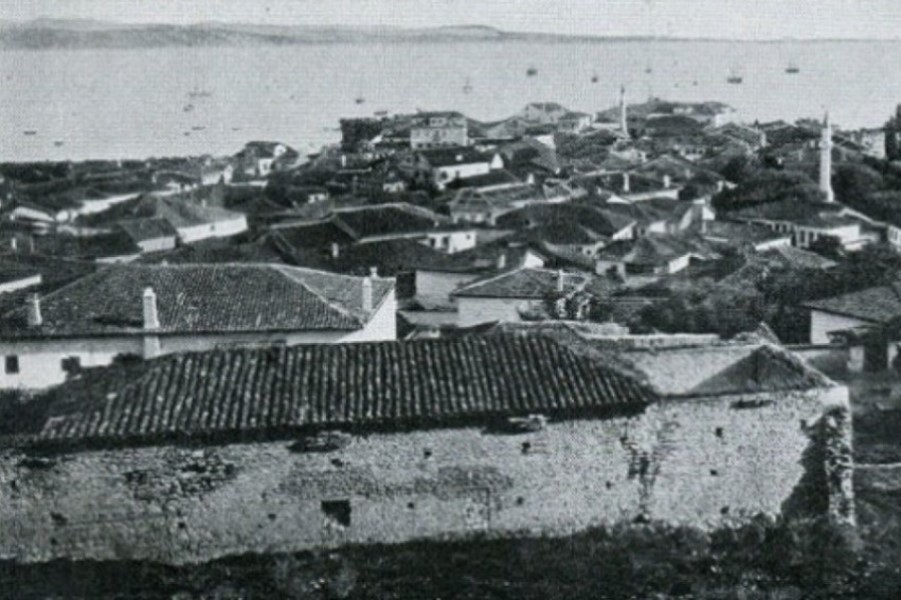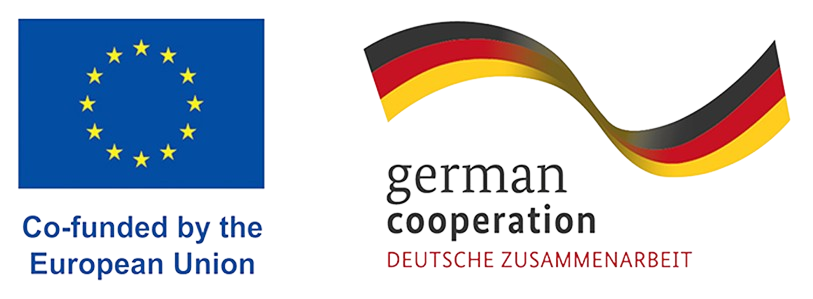
The Congress of Durres (December 25-27, 1918) was a meeting of representatives of Albania in Durres, to ensure the independence, territorial integrity and continuity of the Albanian state after the end of the First World War.
More than 50 delegates participated. A 14-member interim government was elected. The Congress also decided to form an Eldership (Senate), as an advisory body of the government.Movements for the gathering of Albanian leaders had appeared since the beginning of October. But in the organization of Albanians in Italy, Mehdi Frashëri, Mustafa Kruja, who were oriented towards Italian politics, were preparing.
On October 6, 1918, they asked "Vatra" to send their representatives to Italy, to determine the common political platform with which they would appear before the Peace Conference. While Mehmet Konica arrived in Rome on November 19, warmly welcomed by the Italians. Meanwhile, the Italian government had given up the idea, which it had at the beginning, to allow the formation of an Albanian government. Meanwhile, the Albanians who came from Rome to Albania were advised not to form a government, but a national council or committee.At the end of November 1918, the formation of the national council devised by Gaetano Manconi was approved, ordering that the council be formed as soon as possible in Durrës with Albanian persons to be our people and with authority in all of Albania occupied by us with the exception of Vlora and its hinterland.
But in both cases, both a government and a council, the national congress had to be convened to form these bodies.
This meeting managed to take place in Lezhë on December 9, 1918, which was organized by Catholic clergy and by the chairman of the Mirdita Bajraktars, Prenk Bibë Doda. But as a movement which included North Albania itself, it had not found the support of the rest.
This congress opened in the afternoon of December 25, 1918 with the participation of 53 delegates. They came from most of the country, which was under Italian occupation. But the city of Vlora did not participate in the congress, because the Italian authorities had received instructions from Rome not to recognize the delegates of this city. The representatives of the province that was under Serbian occupation, Peshkopia e Luma, and those that were under French occupation, such as the city of Korça, were also absent from the congress.
These were the factors that made it possible to electrify the developments in the Congress of Durrës. But not only the delegates had come to Durrës, but also many other political figures.
"In the congress, even people who were not on the list of persons who had the mandate of the delegate managed to make proposals and take the floor." But the representatives of Durrës, without moving on to the discussion of the agenda, expressed concern about the lack of participation of the delegates from all the provinces of Albania. The delegates, from the beginning of the work, showed confidence in the winners of the war, accompanying it with a special greeting to Wilson, "who had announced the principles of self-determination of peoples".
But at the congress, the possibility of a hope that was in Italy, which during the peace negotiations could have an interest in supporting Albania's territorial demands, also appeared. Through the memoirs of Myfi Libohova, it appears that Mehmet Konica at the Congress of Durrës had presented the Italian proposal for the formation of an executive committee, which would try to send an Albanian delegation to the Peace Conference and would act within the country "ensuring the national life and politics of the Albanian people". But, on the other hand, Mehmet Konica supported the proposal of Namik Delvina and Riza Dani for the creation of a temporary government.
Then they moved on to discuss the agenda. The Congress did not accept the first point, which provided for the formation of a committee, which according to the record had two tasks. The first was to send an Albanian delegation to the Peace Conference and the second was to secure the national political life of the Albanian people. But the delegates decided to form a provisional government, which was an independent decision and defiant of Rome's diplomacy.
It was a successful decision, also in terms of the situation inside the country, since it was not very difficult for either Italy or Esad Toptani to make it possible to encourage certain Albanian layers, which were without a clear vision. On the morning of December 26, Konica presented the memorandum to Lieutenant Colonel E. Lodi, arguing for the formation of the government, first with the importance it had to nullify any possible attempt by France and the Balkan states to call Esad Toptan's delegates to the Conference of Peace.Despite his efforts to appoint only an executive committee with the character of a delegation, to express the desire of the Albanian nation, it was predictable according to him "that the above trend would prevail". Therefore, the point of view of the delegate V. Dilos, that the congress should not act independently, because this political movement could lead to the break with the only friend that Albania had with Italy, but remain on its agenda.
He argued this view with the idea that he doubted whether the Albanian people, on whom this government would rely, had reached such a level of development as to shed blood for the homeland". But many of the representatives of the Albanian nation who were in the congress, although they were for the protection of a power like Italy, they needed to strengthen a political power, to secure this power both against internal forces and against any external threat. Therefore, even for these forces, the establishment of a committee was not with interest.
While the request of many delegates was that they had not come to the congress to present themselves as "puppets", which meant to judge and act according to the orders of others, but to think about "the desire and will of the people, who are looking for a voice of self-governance and impatience, wants freedom". The composition of the government was proposed in the first session, when its formation was also requested.
While the head of the government was elected Turhan Pasha, which is also evident from the content of E. Lodi's telegram, which he sent to Rome, where he informed him that the meeting in Durrës had decided.
Finally, for the formation of the temporary government with Turhan Pasha at the head and delegates would be Luigj Bumçi, Mehmet Konica, Mihal Turtulli, Midhat Frashëri. The political struggle inside and outside the congress simultaneously brought the emergence of relevant views, the vast majority of them were Italian-oriented, such as Myfit Libohova, Turhan Pasha, Prênk Bibë Doda, Sami Vrioni, Luigj Bumçi. Meanwhile, the opponents were Mehmet Konica, Mihal Turtulli, Mithat Frashëri, who were fewer in number, but who were leaning towards the United States of America or some other power "not interested" directly in Albania. These attitudes and views did not appear during the proceedings of the congress, this is due to the fact that these prominent figures of Albanian politics had fallen into a silent compromise, because their main goal was the formation of the government. Mehmet Konica had a special role in the development of the program.
This program was based on the protection of rights at the Peace Conference by the government of Durrës, the search for the ethnic borders of Albania, and the maintenance of peace within the country.
The program was a step forward in the Albanian national movement, but it must be evaluated in the conditions when Albania was occupied by foreign armies and under the pressure of fragmentation by its neighbors. In this view, the researchers of this period, although they positively evaluate the Durrës Congress, did not make any comments or evaluations regarding the government's program. The thought of Albanian history after the war has taken a critical position against the support given by "Vatra" to the compromise with Italy regarding the formation of the government of Durrës.
On the other hand, the neighboring monarchies had emerged victorious in the war and by the time Great Powers such as England, France were supporting their ambitions to expand under the terms of the secret treaty of London of April 1915. But, it should not be forgotten that Albania was still occupied by the winning countries and their armies did not leave the Albanian lands even after the end of the war. This period constituted serious difficulties and dangers for the Albanian national movement, which was on the verge of representing Albania at the Paris Peace Conference.

